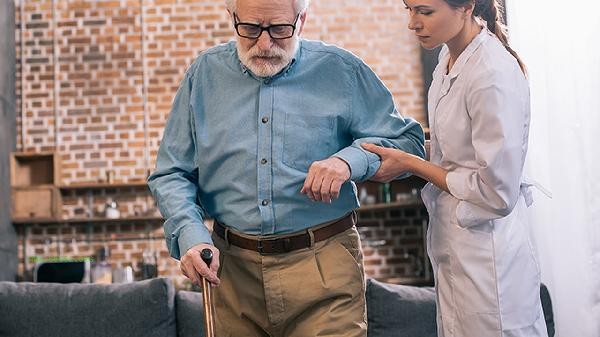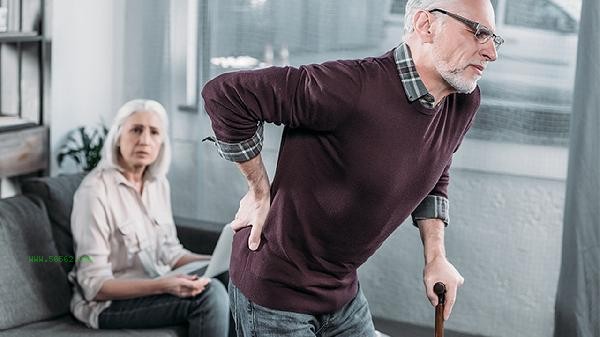The tendency of elderly people to fall for health products is mainly related to factors such as cognitive decline, delayed information acquisition, health anxiety, social needs, and marketing language induction.

1. Decreased cognitive function
The decline in brain function in elderly people may affect judgment. Some health products promote the use of exaggerated efficacy terms, such as nanotechnology, gene repair, and other pseudoscientific concepts, which can easily lead to erroneous trust among groups with weakened cognitive abilities. Early stage Alzheimer's disease patients are more susceptible to being misled by false advertising.
2. Delayed information acquisition
Elderly people have weaker ability to distinguish modern online information, limited access to traditional media channels, and difficulty verifying the authenticity of health product advertisements. Some merchants use information asymmetry to commit fraud by forging expert endorsements, tampering with scientific research data, and other methods.
3. Health anxiety
Chronic diseases make the elderly pay too much attention to health problems. Health care products often claim to be able to cure hypertension, diabetes and other diseases, catering to their psychology of eager to improve their physical conditions. Osteoporosis patients may believe that calcium supplements can replace medication.

4. Social Needs
Elderly people living alone can obtain social satisfaction by attending lectures on health products, and emotional care language in the sales model can easily break through psychological barriers. Some salespeople disguise themselves as children and use emotional blackmail to promote consumption.
5. Marketing language induction
Time limited discounts, free physical examinations and other marketing methods create a sense of urgency, and the so-called therapeutic cases are mostly staged by actors. Three no products often steal the blue hat logo and falsely promise benefits such as medical insurance reimbursement, further reducing vigilance.

It is recommended that children regularly help the elderly learn authoritative health knowledge, accompany the review of health product qualifications, and cultivate scientific medical habits. The community can organize regular doctors to hold health lectures and replace the living space of false advertising with professional content. After discovering fraud, evidence should be retained and reported to the market supervision department to avoid secondary harm. Daily companionship and emotional support can effectively reduce the elderly's dependence on health products.



Comments (0)
Leave a Comment
No comments yet
Be the first to share your thoughts!